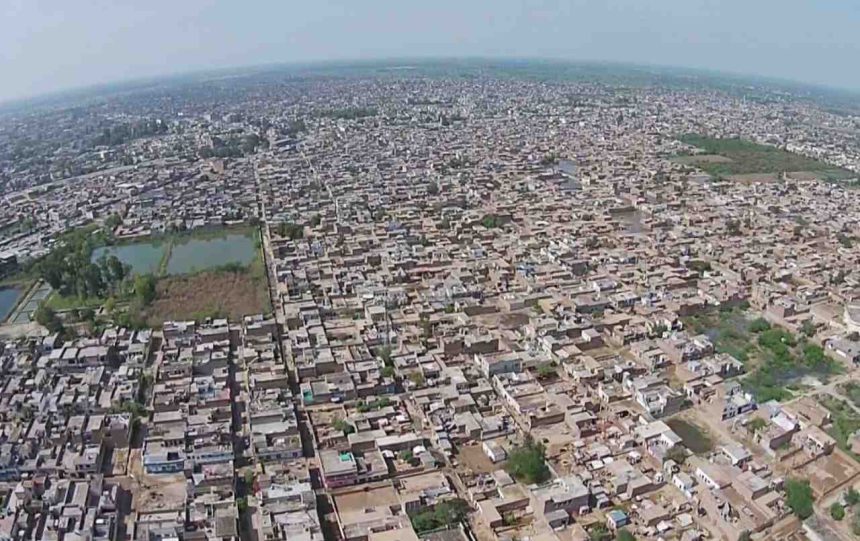In a bid to improve the socio-economic well-being of the people, the Government of Punjab has launched the Socio-Economic Registry Project, whereby it is carrying out surveys to ensure that households across the province are registered with the authorities.
The project has been launched by Punjab’s Chief Minister Maryam Nawaz. Deputy commissioners have been tasked to monitor all aspects of this survey, whereby the economic status and numerical strength of each household within the province would be recorded.
The authorities have set up registration centers. The locals can also register themselves via the online portal or helpline to benefit from the social welfare projects of the government. These projects include the program to install solar panels on poor households, Kissan Card, Health Card, electric motorbikes, etc.
The authorities have stated that data accuracy in this regard can help deliver the benefits to those who deserve them the most. The administration has also been asked to rigorously promote the campaign through the media and announcements via mosques.
Furthermore, the authorities have tasked officers to set daily targets to achieve the objectives of the project. The officers have also been ordered to ensure that the hurdles faced by the citizens are promptly resolved, and the data gathered from them is kept confidential.
Integrated Social Protection Development Program
On the other hand, the Benazir Income Support Program (BISP) and the Asian Development Bank (ADB) are collaborating on the Integrated Social Protection Development Program to provide better social protection to the beneficiaries of the former. The latter has proposed additional financing for the project, including $300 million under a technical assistance package.
The additional funding is being made to strengthen institutions, enhance skills training, and improve health initiatives. The wide scope of this funding would allow BISP to provide better social protection to its beneficiaries. During a meeting held between both sides recently, officials of BISP and ADP underscored the goal of the former, stressing the importance of its beneficiaries receiving adequate support for better living conditions.
Separately, President Asif Ali Zardari held a meeting with BISP Chairperson Rubina Khalid at the President House, wherein he reviewed the specifics of the program, including its core initiatives such as the Benazir Kafalat Program, Benazir Taleemi Wazaif Program, etc.
The president, while appreciating the program for its contributions to the socio-economic well-being of the deserving and underprivileged segments of society, called for enhancing the outreach of BISP. He also suggested that BISP’s office should be established in the port city of Gwadar to provide benefits to the locals as well. Taking stock of the ongoing wave of digitalization in the world, President Zardari urged the State Bank of Pakistan (SBP) to open the bank accounts of people who were active beneficiaries of BISP. He added that this would prevent the exploitation of these individuals. Moreover, he urged the private sector to support the program in its efforts to provide scholarships to deserving students.
Furthermore, the chairperson of the program has also stated that the youngsters and vulnerable women of Balochistan would be taught under the program, and technical training would be imparted to them. This technical training is focused on skills that are highly in demand in the market, which would enable these individuals to secure better-paying jobs and thus be uplifted economically. This move will also contribute to the betterment of the Baloch citizens and the province as local talent is polished through this initiative. It would also help remove the sense of deprivation held by certain segments of the Baloch population due to the lack of socio-economic development in the province.














